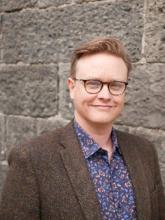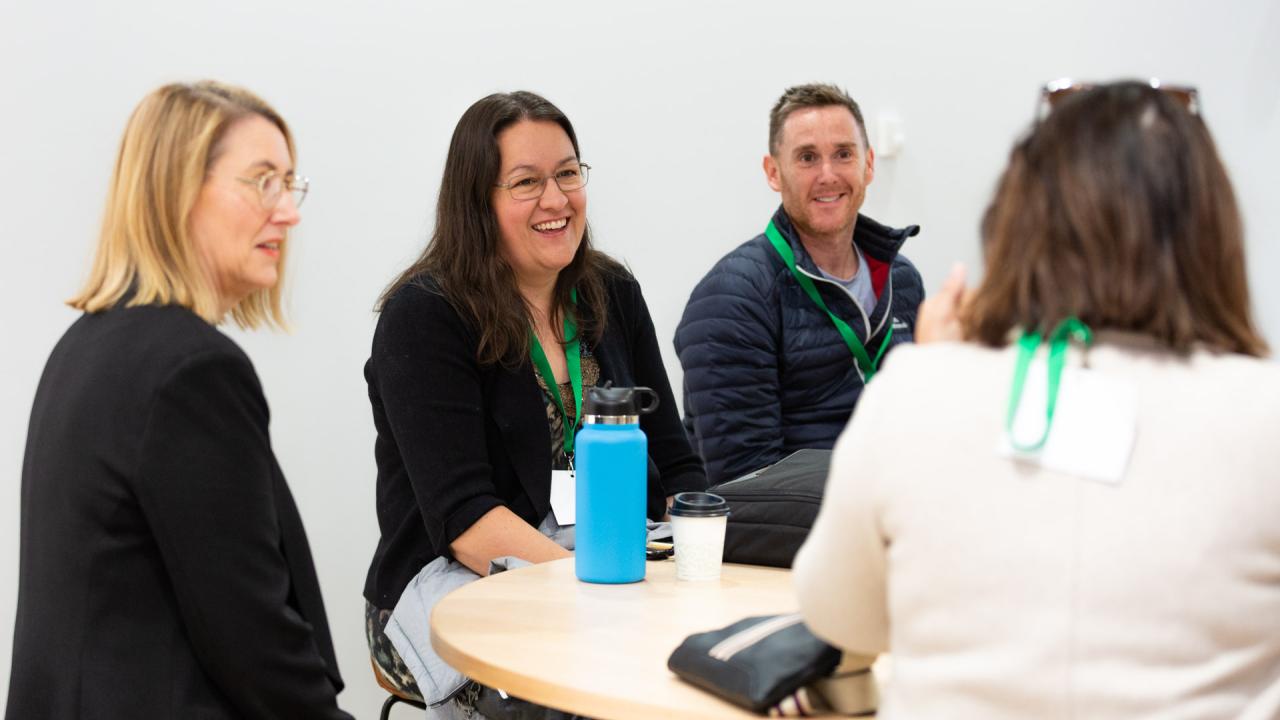15 Aug 2022
Choosing your discipline as a primary school teacher


So, you’re an excellent generalist primary school teacher and you are keen to be a part of the Academy’s Teaching Excellence Program next year. You’re thinking about the disciplines and can’t quite work out which discipline fits best with your expertise. The focus at your school is literacy and numeracy, so maybe English for literacy or Mathematics for numeracy? But you also know that English isn’t just literacy and literacy isn’t just English.
You can’t help but notice these 6 other disciplines. You often end up taking the PE specialist class on Thursday afternoon, so should you choose that? But your passion is really for the Humanities!
Why wouldn’t it be, you’re only human (full disclosure: I’m the Academy’s Master Teacher in Humanities).
Why disciplines matter
Central to the Teaching Excellence Program is the disciplines. These are Arts, English, Health and Physical Education, Humanities, Languages, Mathematics, and Technology. You’ll notice this is not an exhaustive list of subjects. Where is Drama? Where is IT? You’ll also probably notice that it is not using the descriptors typical in many primary schools, such as ‘Literacy’, ‘Numeracy’ and ‘Inquiry’. The Teaching Excellence Program handbook explains that:
‘…discipline-related knowledge, skills and dispositions are essential for young people to be active participants in society. The program does not assume that the disciplines are rigid and discrete; they are regarded as dynamic, living constructs that are influenced by context, culture and change.’
So, each of the program’s disciplines is grounded in its own uniqueness with connections and evolution with other disciplines. While Geography is part of the Humanities, it still requires and develops numeracy and literacy, and demand skills that are similar to that in Science. According to Howard Gardner, who started Harvard’s Project Zero, the power of disciplines is not in relation to particular skills or content knowledge, but rather distinctive ways of thinking (2007).
In terms of literacy, education experts emphasise there are specific discipline-related literacies and that developing fluency in these literacies is essential for learning (Cambourne, 2013; Gardner, 2007; Moje, 2008). The program provides you with the opportunity to develop fluency in discipline-related literacies that you are curious to know more about.
At the same time, chances are you already lean into particular disciplines when teaching literacy and numeracy in your classroom. Sure, you might pick up a book to help with literacy. Is it a work of fiction or can it be history, or a play to be performed to motivate students to read? Think of the possibilities that a richer understanding of a discipline could bring to your teaching of literacy and numeracy.
Follow your passion
The Teaching Excellence Program is embedded in exploration and curiosity. That’s why throughout the program, you’re exposed to experts working in the field within your chosen discipline, enabling a deeper understanding and enhancing your discipline-based content knowledge.
So, think about what you’re curious and passionate about in teaching. Is there a particular discipline that peaks your desire for discovery? Then pick that one, and show why it matters to you, so you can build your teaching excellence on the strong foundations of your own passion.
Apply now for the 2023 Teaching Excellence Program
References
Cambourne, B. (2013). ‘Covering content’ and ‘teaching thinking’: The issue facing middle years teachers of discipline-based subjects. Literacy Learning: In the Middle Years, 21(1), 9–14.
Gardner, H. (2007). Five minds for the future. Boston, Massachusetts: Harvard Business School Press.
Moje, E. B. (2008). Foregrounding the disciplines in secondary literacy teaching and learning: A call for change. Journal of Adolescent and Adult Literacy, 52(2), 96–107.
TEP Handbook (2022)



